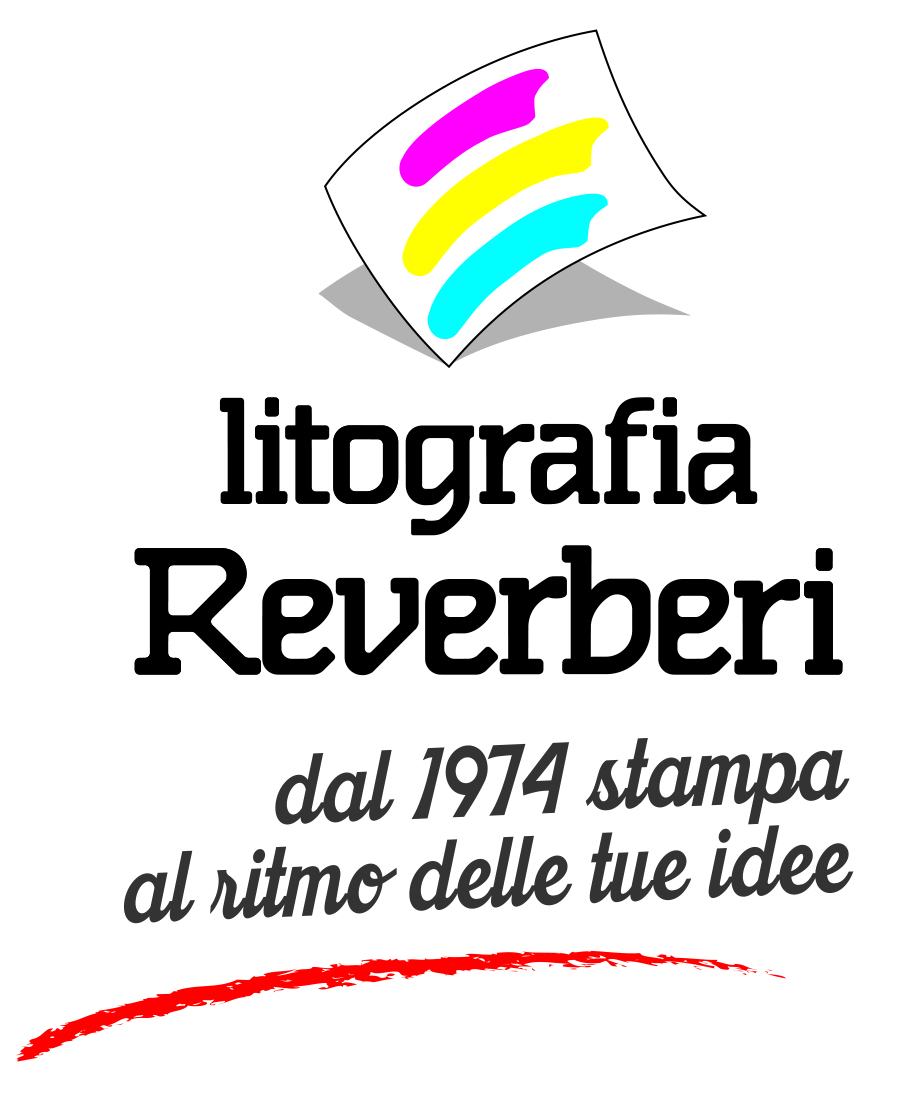

LITO REVERBERI SRL SOCIETA' BENEFIT

Emilia-Romagna, Italy
May 2019
Paper & paper products
Manufacturing
Italy
Since 1974 Litografia Reverberi in Parma is assurance of quality printing; the company has never give up its artisan heart, the passion of this profession is the scent of paper, the smell of ink, the fineness of a perfect success, the joy and pride of offering quality to its customers. They were the first graphic company in Parma to obtain FSC® certification (Forest Stewardship Council®), a guarantee of a printing process responsible management of forests, from which the paper they use comes from. Since 2010 they certify the quality of their products respecting the environment, they communicate the eco-sustainable soul of their customers, beyond the slogans. The paper is the raison d'être of their business, the raw material that inspires them every day and that, every day, they commit ourselves to a value and respect. They also prefer the use of 100% recycled, post-consumer and FSC certified papers, natural papers with fiber from annual plants, special ecological papers with 15% by-products of agro-industrial processing; we recommend to our customers use these papers to create their products, as well as the use of vegetable-based inks. They believe in environmental sustainability not only as a philosophy, but as a decided way of acting.
Overall B Impact Score
Governance 16.4
Governance evaluates a company's overall mission, engagement around its social/environmental impact, ethics, and transparency. This section also evaluates the ability of a company to protect their mission and formally consider stakeholders in decision making through their corporate structure (e.g. benefit corporation) or corporate governing documents.
What is this? A company with an Impact Business Model is intentionally designed to create a specific positive outcome for one of its stakeholders - such as workers, community, environment, or customers.
Workers 22.5
Workers evaluates a company’s contributions to its employees’ financial security, health & safety, wellness, career development, and engagement & satisfaction. In addition, this section recognizes business models designed to benefit workers, such as companies that are at least 40% owned by non-executive employees and those that have workforce development programs to support individuals with barriers to employment.
Community 15.5
Community evaluates a company’s engagement with and impact on the communities in which it operates, hires from, and sources from. Topics include diversity, equity & inclusion, economic impact, civic engagement, charitable giving, and supply chain management. In addition, this section recognizes business models that are designed to address specific community-oriented problems, such as poverty alleviation through fair trade sourcing or distribution via microenterprises, producer cooperative models, locally focused economic development, and formal charitable giving commitments.
Environment 26.0
Environment evaluates a company’s overall environmental management practices as well as its impact on the air, climate, water, land, and biodiversity. This includes the direct impact of a company’s operations and, when applicable its supply chain and distribution channels. This section also recognizes companies with environmentally innovative production processes and those that sell products or services that have a positive environmental impact. Some examples might include products and services that create renewable energy, reduce consumption or waste, conserve land or wildlife, provide less toxic alternatives to the market, or educate people about environmental problems.
Customers 3.5
Customers evaluates a company’s stewardship of its customers through the quality of its products and services, ethical marketing, data privacy and security, and feedback channels. In addition, this section recognizes products or services that are designed to address a particular social problem for or through its customers, such as health or educational products, arts & media products, serving underserved customers/clients, and services that improve the social impact of other businesses or organizations.